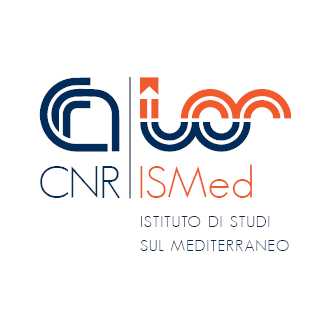Remedies to the depopulation of the inland areas of Basilicata
Manager: Dott.ssa Elisa Di Giovanni
External financing: founded by Regione Basilicata
Fundings: € 150.000
Keywords: Basilicata, depopulation, internal areas, multidisciplinary analysis, integrated operational models
Partners: ISMed – CNR (leader); University of Salerno – Department of Business Sciences – Management & Innovation System/DISA-MIS
Abstract
The strategic importance of the hinterland towns for the regional territorial balance is a subject of interest and active proposals by national and territorial government bodies. These proposals are intended to reduce large gaps between ‘pole’ cities and peripheral areas and phenomena of ‘impoverishment’ especially of the inland areas.
The research project, in collaboration with the University of Salerno, Department of Business Sciences – Management & Innovation Systems/DISA-MIS, employs a multidisciplinary and multi-thematic approach to analyse the phenomenon of depopulation. This involves the interpretation of theories and the development of projections on potential future scenarios and policy directions designed to support targeted interventions aimed at reducing imbalances and stimulating the growth of inland areas.
The working groups, comprising CNR-ISMed and DISA/MIS-UNISA researchers, address a range of multidisciplinary thematic areas, including socio-historical analysis, cultural heritage and tourism, mobility analysis, socio-psychological in-depth analysis, and analysis of good practices.
Last update
18 February 2025, 11:47

 CNR – ISMed
CNR – ISMed